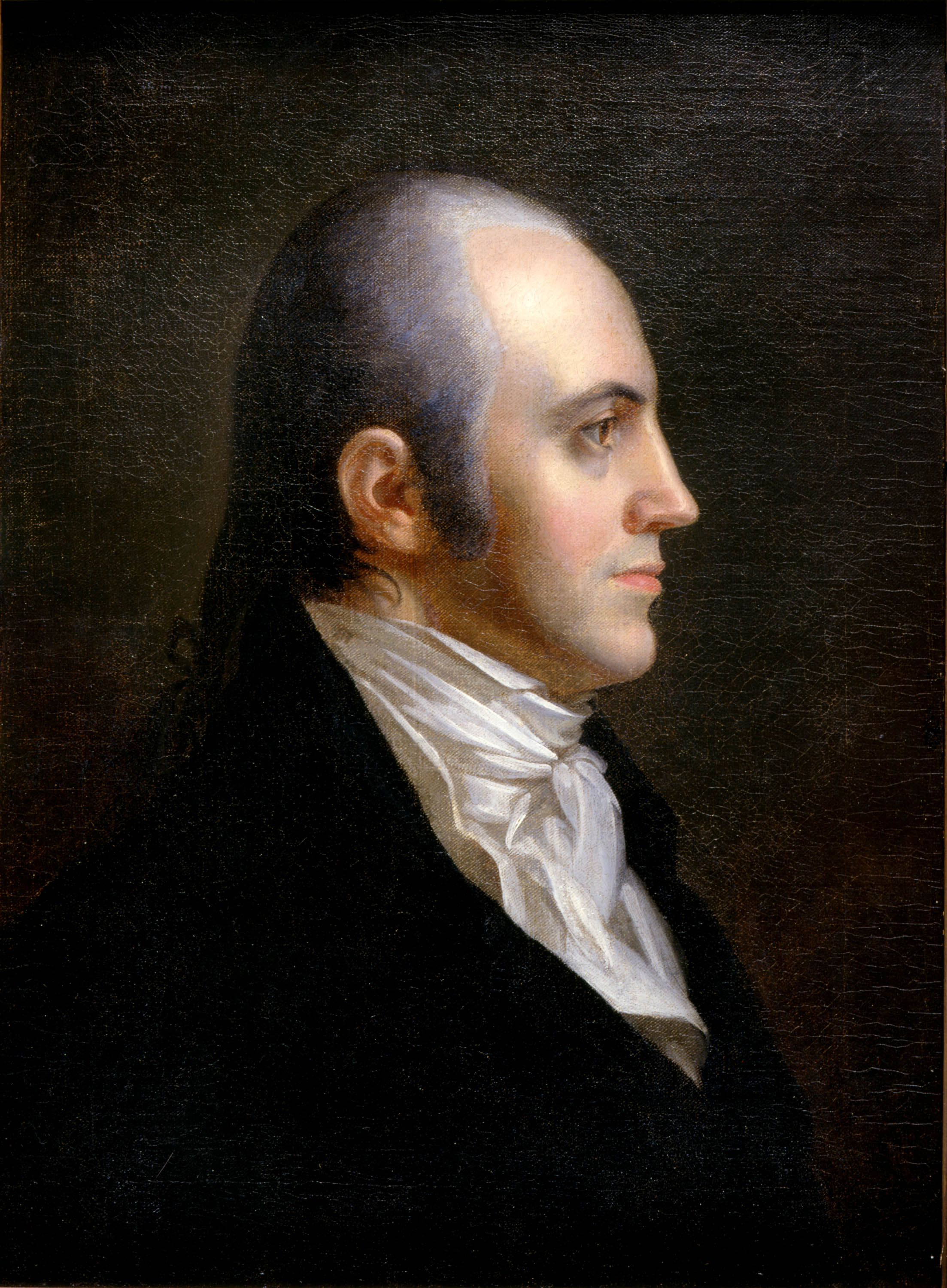“The rule of my life is to make business a pleasure and pleasure my business.”
Letter to Pichon, reported in Marshall Brown, Wit and Humor of Bench and Bar (1899), p. 67.
Aaron Burr Jr. was an American politician. He was the third Vice President of the United States , serving during Thomas Jefferson's first term.
Burr served as a Continental Army officer in the American Revolutionary War, after which he became a successful lawyer and politician. He was elected twice to the New York State Assembly , was appointed New York State Attorney General , was chosen as a U.S. senator from the State of New York, and reached the apex of his career as vice president. In the waning months of his tenure as president of the Senate, he oversaw the 1805 impeachment trial of Supreme Court Justice Samuel Chase.
Burr shot his political rival Alexander Hamilton in a famous duel in 1804, the last full year of his single term as vice president. He was never tried for the illegal duel and all charges against him were eventually dropped, but Hamilton's death ended Burr's political career.
Burr left Washington, D.C., and traveled west seeking new opportunities, both economic and political. His activities eventually led to his arrest on charges of treason in 1807. The subsequent trial resulted in acquittal, but Burr's western schemes left him with large debts and few influential friends. In a final quest for grand opportunities, he left the United States for Europe. He remained overseas until 1812, when he returned to the United States to practice law in New York City, where he spent the rest of his life in relative obscurity.

“The rule of my life is to make business a pleasure and pleasure my business.”
Letter to Pichon, reported in Marshall Brown, Wit and Humor of Bench and Bar (1899), p. 67.
“Law is whatever is boldly asserted and plausibly maintained.”
Reported in Burton Stevenson, Home Book of Proverbs, Maxims and Familiar Phrases (1948).
Reported in Marshall Brown, Wit and Humor of Bench and Bar (1899), p. 67. Alternately reported as "Never do today what you can put off till tomorrow. Delay may give clearer light as to what is best to be done", reported in Jacob Morton Braude, The Complete Art of Public Speaking (1970), p. 84.
Last words; Burr was an atheist. His last words were a response to the efforts of his friend, Reverend P.J. Van Pelt, to get Burr to state that there was a God. Reported in Holmes Moss Alexander, Aaron Burr: The Proud Pretender (1937), p. 356.